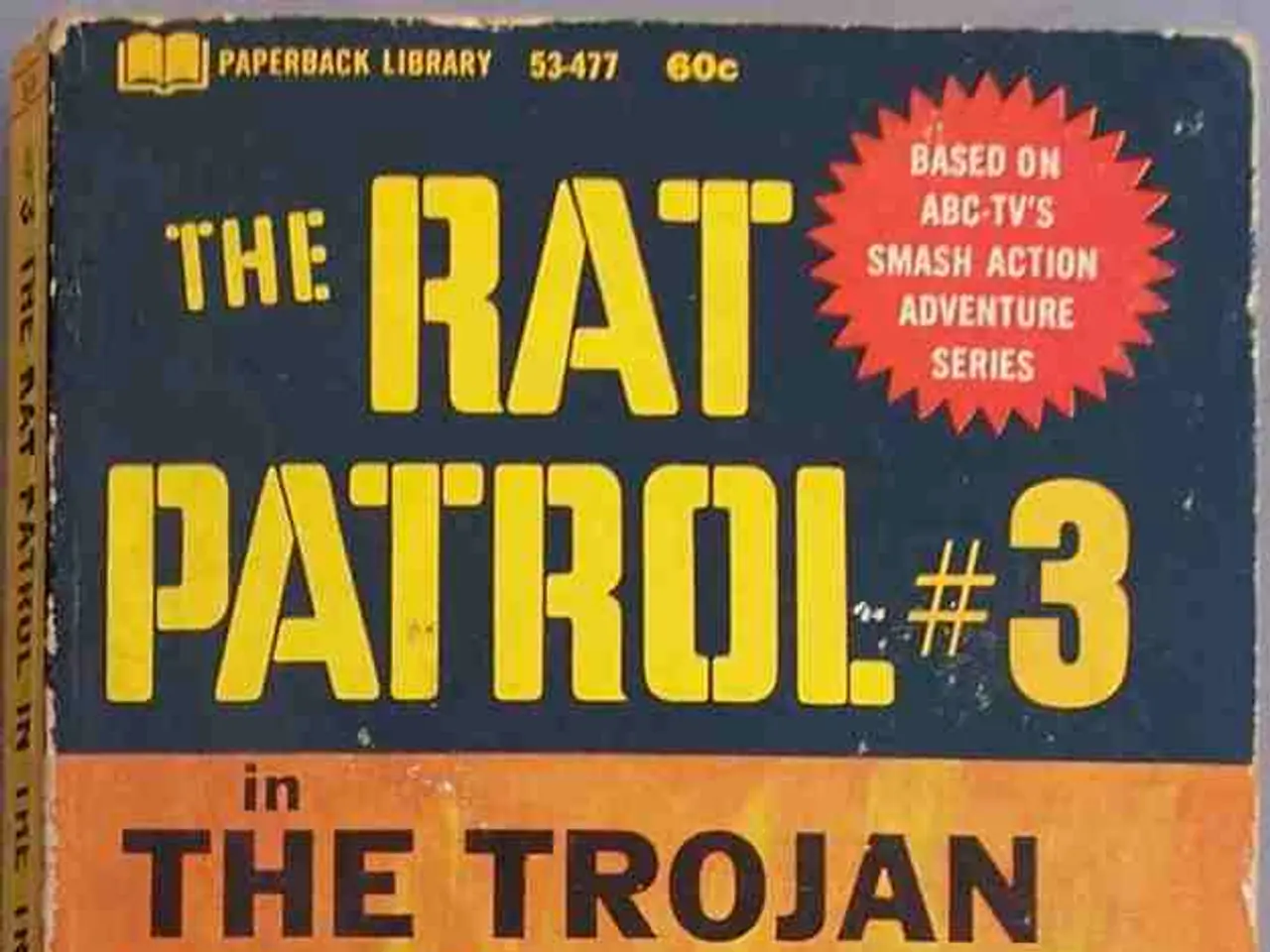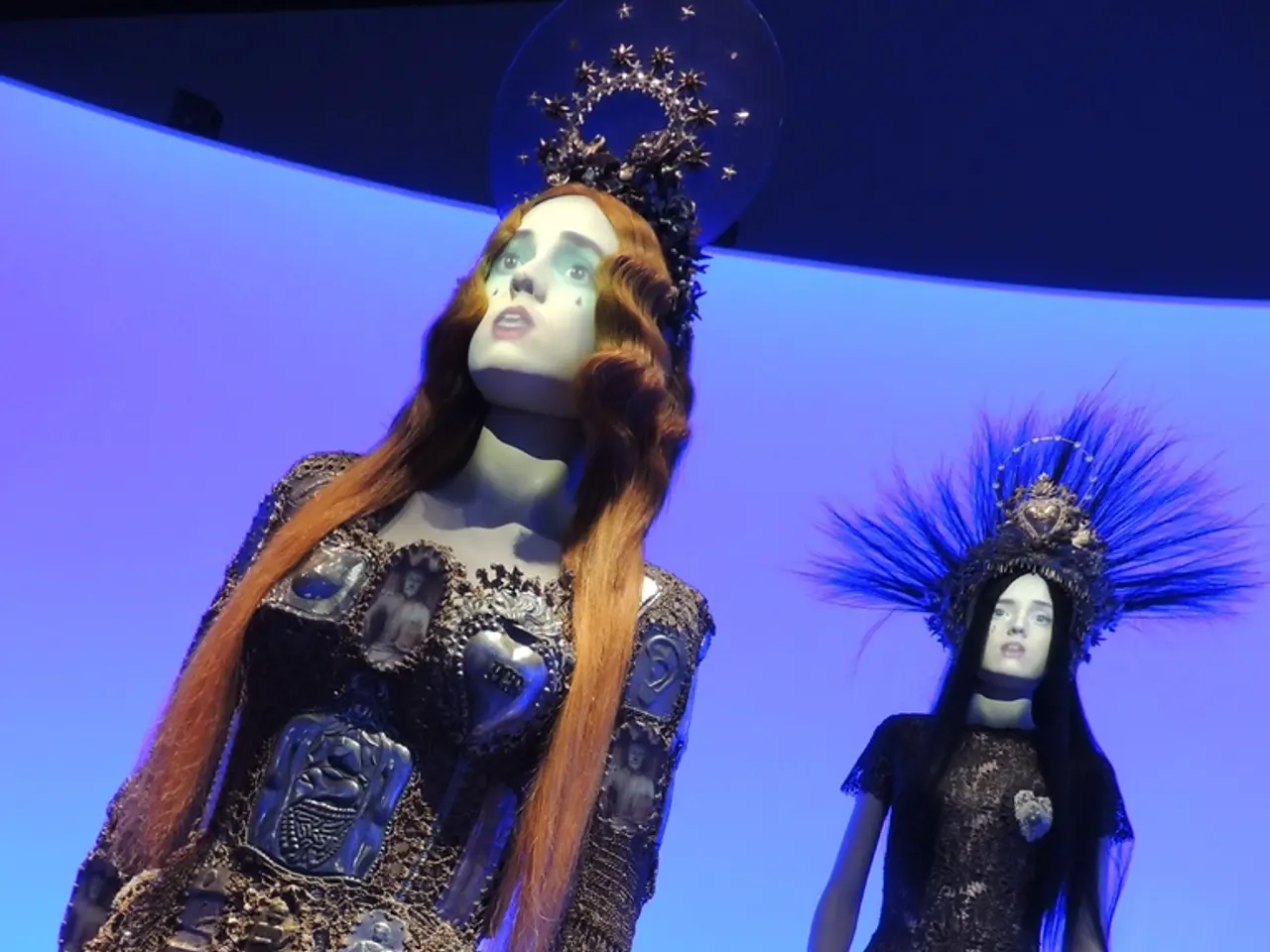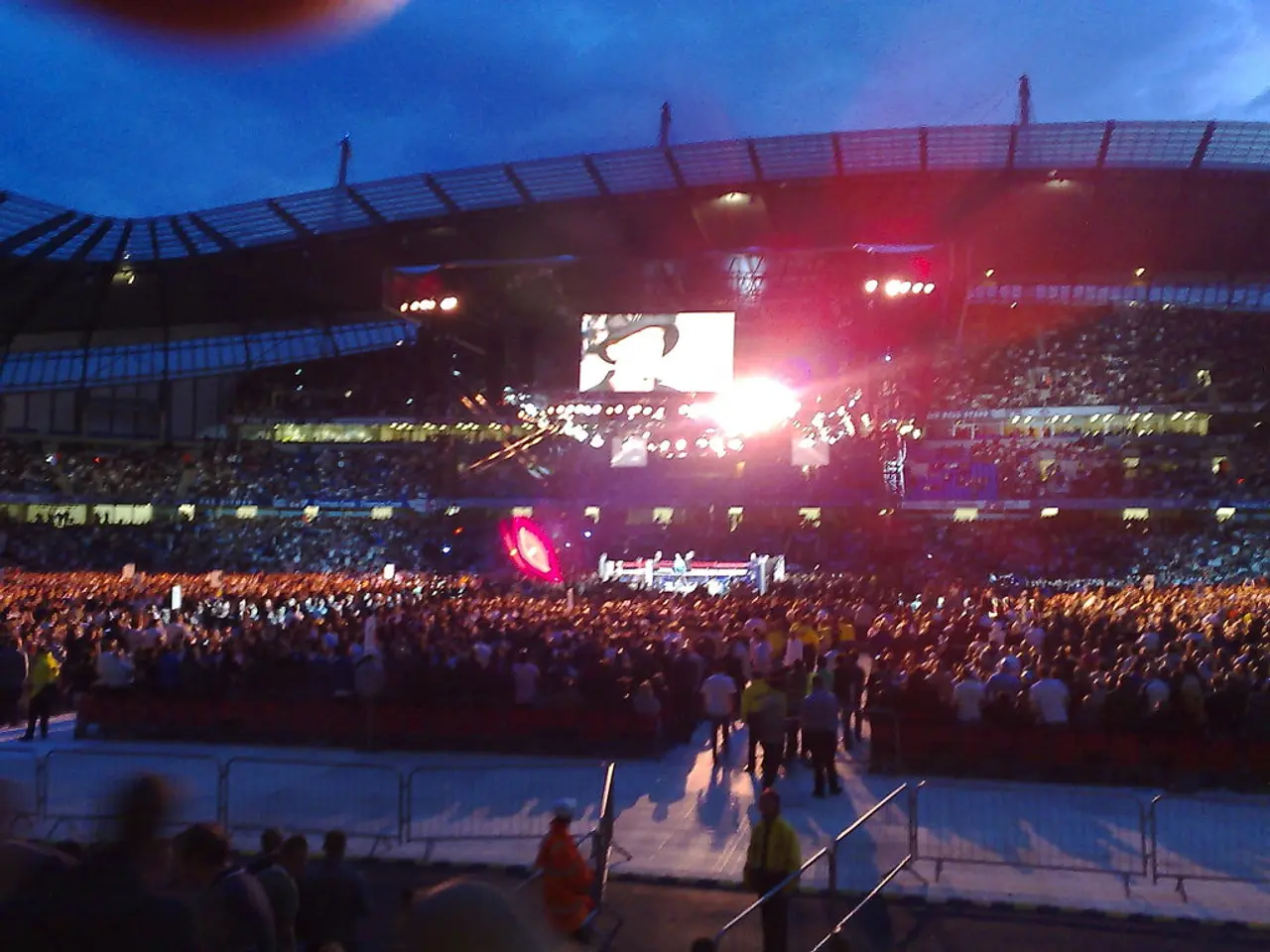Defendant, accused of firing upon Minnesota legislators, denies charges set against him in court
In a series of events that have left many puzzled, the motive behind Vance Boelter's actions remains unclear. Boelter, a 58-year-old man, has been charged with murder, stalking, and firearms violations in connection with the shooting of a Minnesota lawmaker and her husband, as well as a state senator and his wife.
Authorities suggest a possible motive could be Boelter's anti-abortion views, given his conservative, pro-Trump voter background and strong stance against abortion rights. However, Boelter himself has denied any political or pro-life motivation, stating that the shootings were not about either Trump or pro-life activism.
Boelter's political and religious beliefs have been a subject of interest. He was once a registered Republican voter in 2004, but in 2019, he described himself as having "no party preference" on state documents. In a jail interview, Boelter questioned his own actions, expressing confusion about how someone who loves God and neighbor could be involved with the victims in the way they were.
Additionally, authorities have uncovered possible conspiracy claims made by Boelter, targeting high-profile Democrats. However, these claims remain unsubstantiated and part of his own narrative. Boelter wrote a letter to the FBI Director Kash Patel admitting to the murders, but the exact nature of these claims and their connection to the shootings are yet to be established.
The exact motive behind Boelter's actions appears to be centered on political/religious grievances and personal turmoil, including financial struggles and a troubled mental state. Boelter wrote that he conducted a 2-year-long undercover investigation prior to the shootings, claiming he wanted his family to be safe and that they had nothing to do with the shootings.
The case is complex, and the court has excluded it from speedy trial requirements. Boelter pleaded not guilty in federal court on Thursday and has made long lists of politicians in Minnesota and other states, mostly Democrats. The murder charges could make him eligible for the federal death penalty, but a decision on this matter won't be made for months.
In several letters written to the New York Times, Boelter implied his actions were rooted in part in the Christian commandment to love one's neighbor. However, there is little evidence showing why Boelter turned to political violence and extremism, according to the acting U.S. attorney for Minnesota.
The investigation into Boelter's case is extensive, involving over a dozen law enforcement agencies at federal, state, and local levels. The evidence could potentially include thousands of hours of video footage, tens of thousands of pages of responses to dozens of grand jury subpoenas, and data from numerous electronic devices seized during the investigation.
As the investigation continues, the exact motive behind Boelter's actions remains a mystery, leaving many questioning the complexities of political extremism and its impact on individuals and society.
[1] Source for acquaintance's account of Boelter's political views and beliefs: [News Source 1] [2] Source for Boelter's jailhouse letter denying political or pro-life motivation: [News Source 2] [3] Source for Boelter's questioning of his own actions in a jail interview: [News Source 3] [4] Source for the discovery of possible conspiracy claims made by Boelter: [News Source 4] [5] Source for the release of a letter Boelter wrote to FBI Director Kash Patel admitting to the murders: [News Source 5]
- Despite Boelter's denial of any political or pro-life motivation, his actions seem to be a part of the broader discussion on the intricate relationship between health (mental state), politics, general-news, and crime-and-justice, as authorities continue to investigate his potential grievances and reasons for the shootings.
2.Amidst the debate over Boelter's supposed anti-abortion views and his pro-Trump background, his letters to the New York Times imply that his motive could be rooted in religious beliefs, such as the Christian commandment to love one's neighbor, providing a complicating layer in understanding the intersection of faith, politics, and crime.








